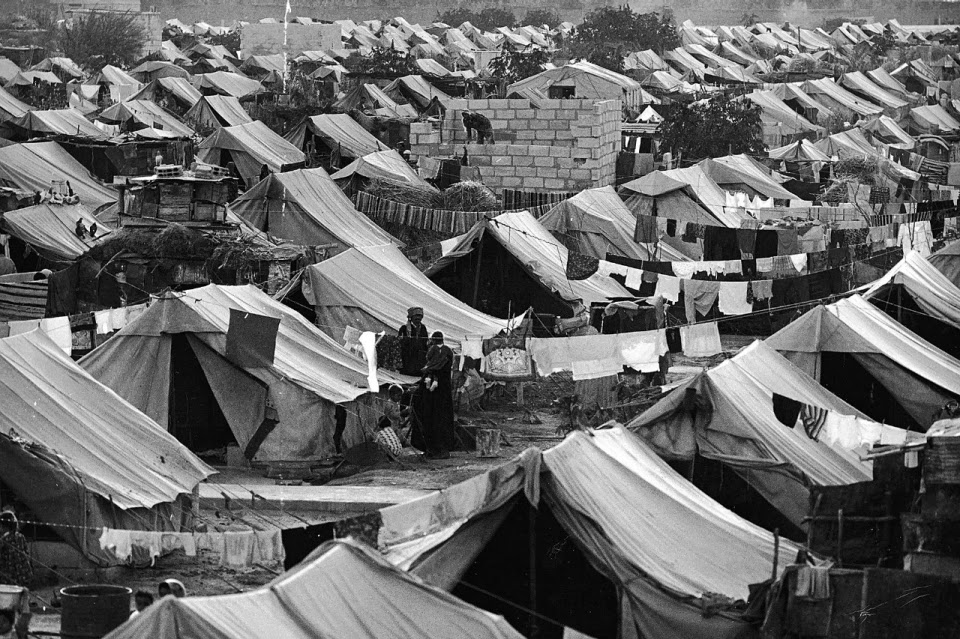For the citizen, local governance is the most-proximate of the various distinctive, interdependent and inter-related spheres of government within a territorial state. In unitary states, local governance usually comprises one of two or three spheres of government; whereas, in federal states, it is constituted as one of three or sometimes four spheres of government. [para. 6]
It is important to distinguish the meanings of terminology and concepts distinguishing "local administration” from "local government.” The former is a generic term that may or may not constitute "government” and its functions as defined in human rights terms.
Both forms of governance possess certain powers conferred upon them by legislation or directives of the higher levels of government. These powers consist, in substance, in regulating and managing certain public affairs and delivering certain public services. The extent of powers of local governance should always be analyzed in the context of relations between local authorities and central government or regional authorities (in federal states). One of the important features of local governance is that it has a specific, subordinate regulatory power for the exercise of its functions which is, however, subject to compliance with the law [para. 8].
"Local government,” or "self-government,” aims at bringing government to the grass-roots and enabling the citizens to participate effectively in the making of decisions affecting their daily lives. As the level closest to the citizens, local government is in a much better position than central government to deal with matters that require local knowledge and regulation on the basis of local needs and priorities. Local governments exist geographically both in urban and rural settings. [para. 6]
The degree of self-government enjoyed by local authorities can be regarded as a key element of genuine democracy. In this regard, political, fiscal and administrative decentralization is essential for localizing democracy and human rights. It should be borne in mind that democracy is not possible without respect for human rights and no human rights can be achieved without democracy. [para. 10]
"Local authorities” may include forms of governance closely associated with, or directly extending from the executive-branch of central government. That model is inconsistent with the latter notion of "local government” (or "local self-government”), which involves actual local decision making within a state in ways that foster and develop local participation and meaningful citizenship for the majority of inhabitants within subnational units belonging to the territorial state.
Thus, the notion of "local authority,” as distinct from "local government,” does not necessarily lend itself to the democratic practices of government. In the modern sense of statecraft, "government” involves citizen participation. Administration defined merely as "authority” does not.
Appointed military or political elites as regional governors or local mayors and council members may constitute "local authority.” However, the tendency is for such systems and figures effectively to represent no one, except for the appointing party, which may be a monarch, an executive office, or a military commander.
In global practice, the majority of cities have elected mayors. However, some systems have central authorities assuming mayoral selections by political, military or royal appointment, rather than through constituent elections. Even in some rare cases, constituents have declined their right to elect a municipal head, favoring instead appointed local governing councils.
Whichever the configuration of offices and division of duties, the preferred model of "local government” is to be understood as applicable in both unitary states, as well as in federal systems. The constituent principles of local government are aligned with the substantive and process human rights enshrined in the International Bill of Human Rights.



